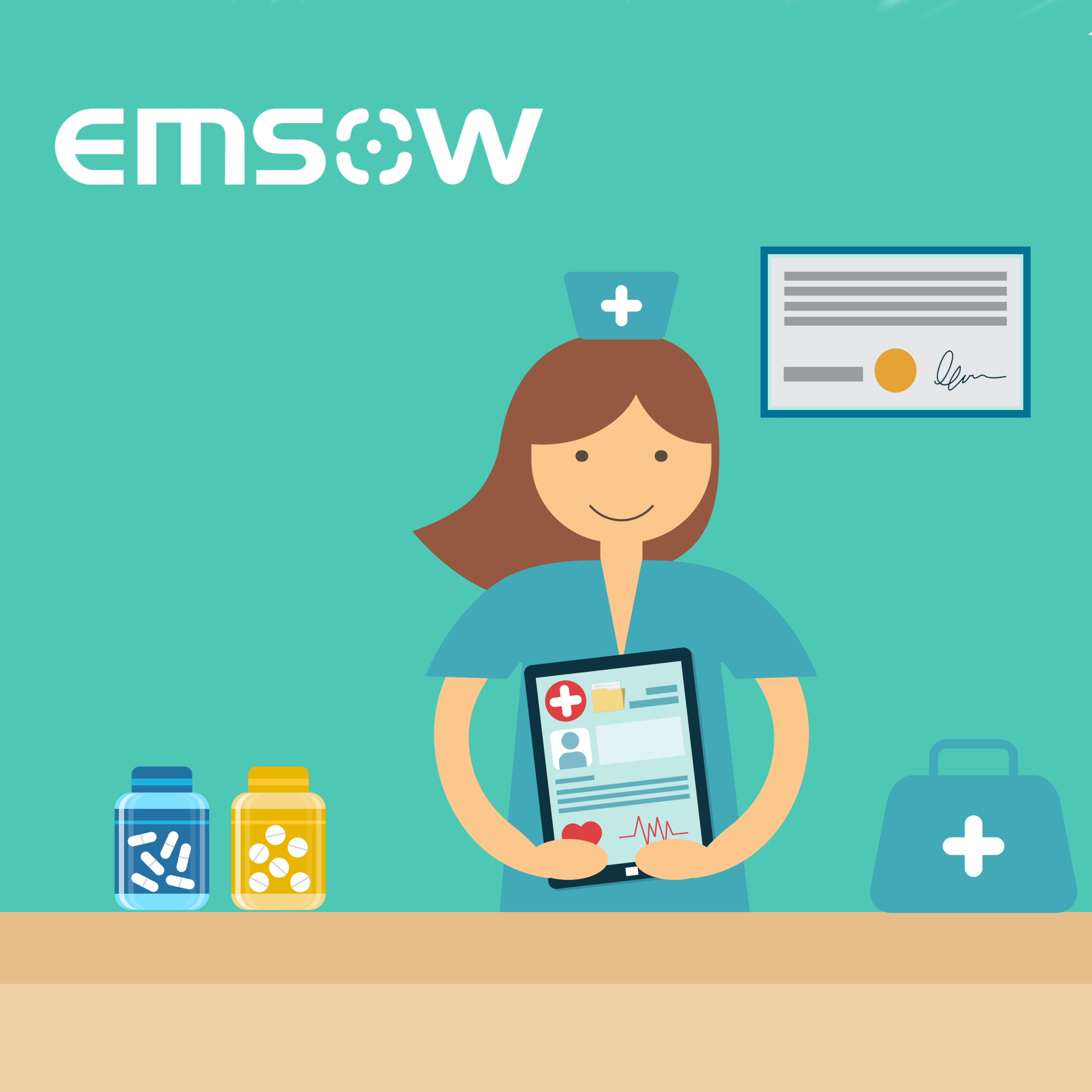
Discovering new benefits of EHR
Posted on January 24, 2020

Electronic Health Records (EHR) make it much easier to manage patient records by systematizing and making them more accessible, searchable, and secure. Apparently, EHRs are not free from shortcomings. Some clinicians reveal user-unfriendliness or lack of interoperability. However, all these downsides are specific to particular systems, while the number of EHR vendors in the USA is over 1,100 as of today. The adoption rate also looks impressive. According to the National Electronic Health Records Survey (2015), 87% of physicians were using EHR. This suggests that at least the system has its advantages.
Originally, the electronic health record technology was designed for billing, but gradually practitioners revealed more and more of its features.
Now, EHRs are successfully used for administrative and clinical purposes. They are well-structured and still give you the necessary degree of professional freedom, which is essential for successful medical practice. Thus, EHRs include healthcare data variables (demographics, health behavior, allergies, chronic diseases etc.), as well as fields for free text (e.g. progress notes or comments for diagnostic images). We are not going to focus on these things. If you are a medical business owner, a doctor or a technologist, you surely know what EHR is about.
Let us think about not-so-obvious benefits, which can be achieved with the use of Electronic Health Records.
EHRs have become helpful to medical science. They are a rich and affordable (sometimes even free!) source of longitudinal health data associated with key socioeconomic and cultural indicators. Besides, being GIS-based, EHRs reveal the state-specific situation. And since the system suits scholars, you might as well think of using it in, say, creating your business strategy, whether you are a prospective individualist or a nationwide hospital network. A good idea would be to plan your actions according to the local demographic and health situation.
Another way to benefit from EHR is to combine it with an advanced healthcare application. Imagine a common situation: diagnostics findings look controversial and need to be disambiguated. At the same time, the referring doctor is overloaded with work and can overlook some vitally important tests, which may be a matter of the patient’s health. Luckily, nowadays such situations are avoidable. There are healthcare applications that use smart algorithms designed in cooperation with practicing physicians. Those algorithms automatically analyze the patient’s EHR and search for diagnoses that suggest specific medical tests. Normally, such software by no means pretends to be a substitute for a professional medical opinion. However, it is widely used as an efficient tool for preventive diagnostics, and that’s why interoperability is a substantial point. Besides, this combination can help medical businesses increase their revenue by recommending their patients more necessary medical tests.
Experience has shown that an electronic health record system can hardly be called a one-trick pony. It gives medical businesses multiple advantages in various fields, from market research to preventive diagnostics. Moreover, in the right hands, it becomes a powerful revenue booster.
To learn what your information system can do together with EHRs, contact your software provider. If you are going to purchase a healthcare application, make sure it is successfully integrated with the leading EHR systems.